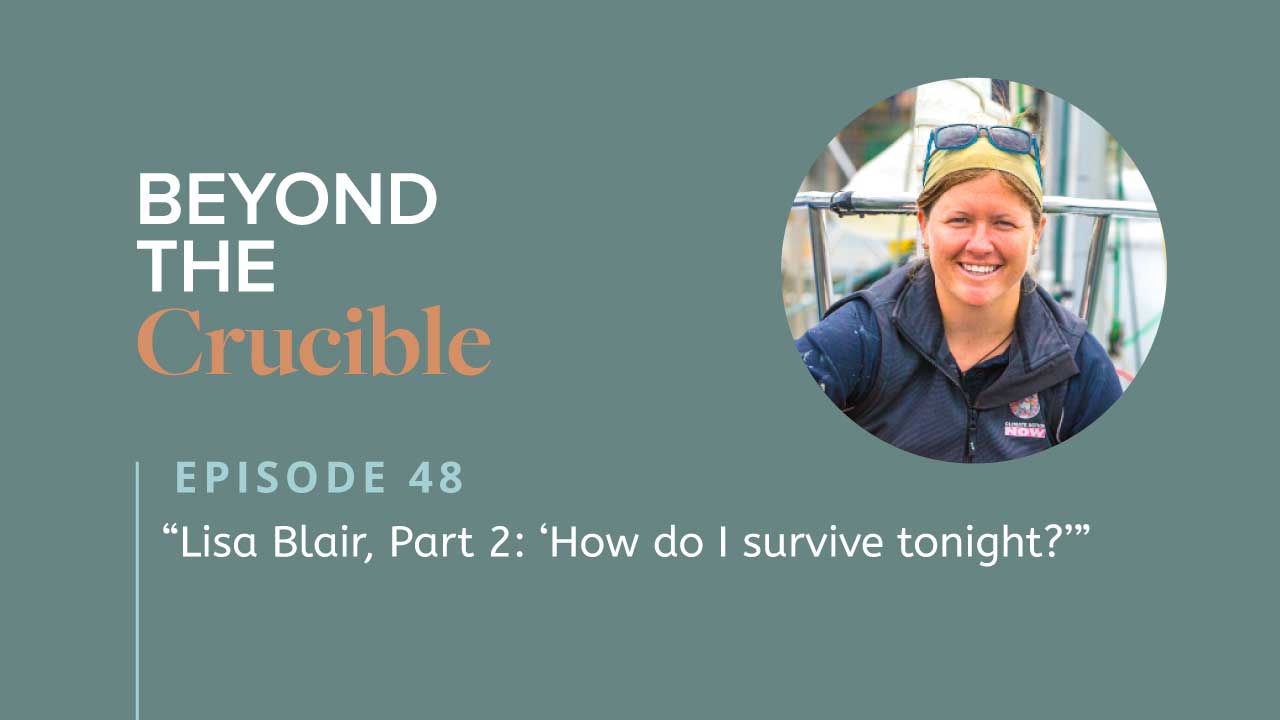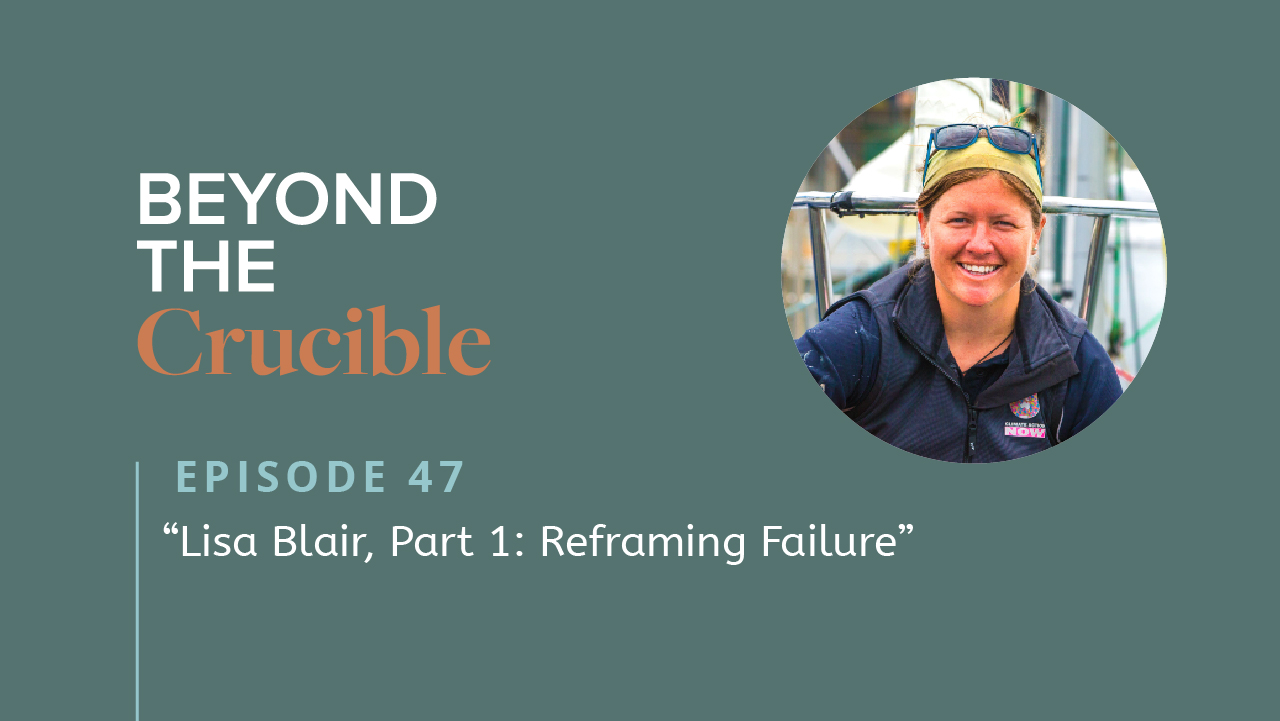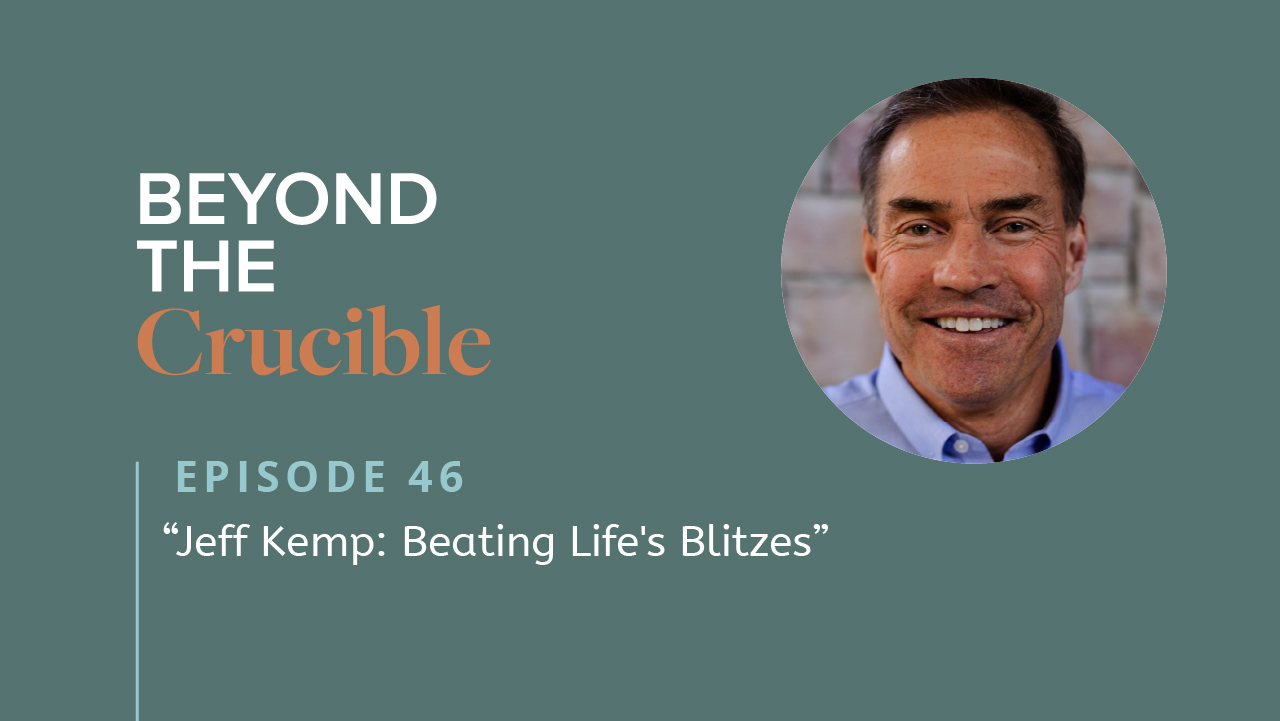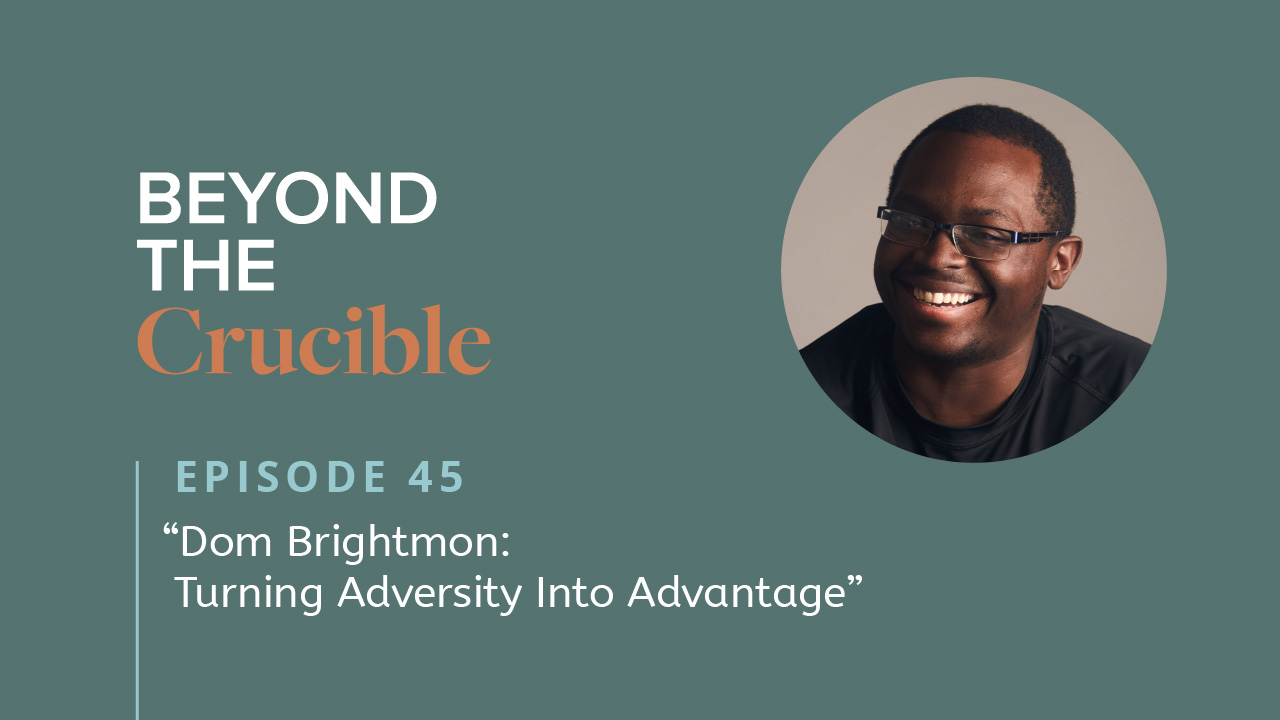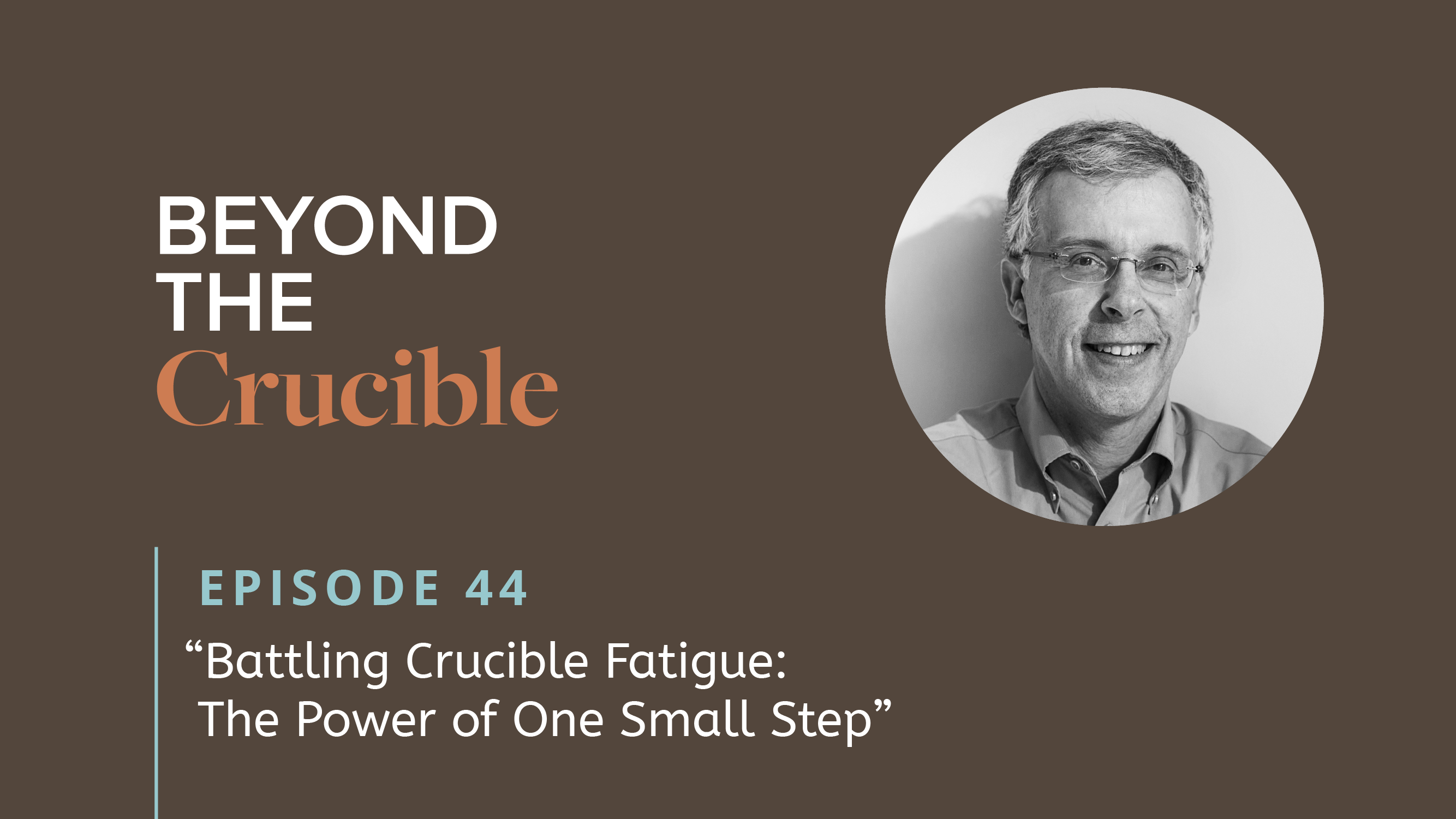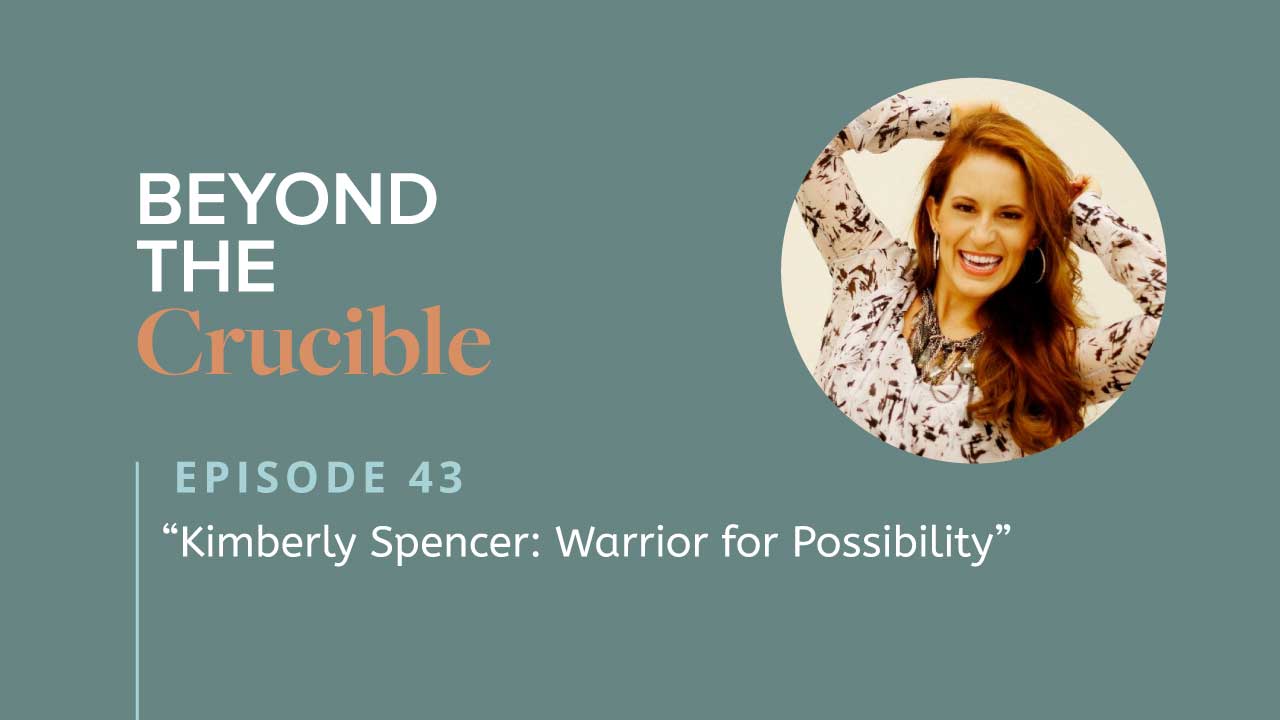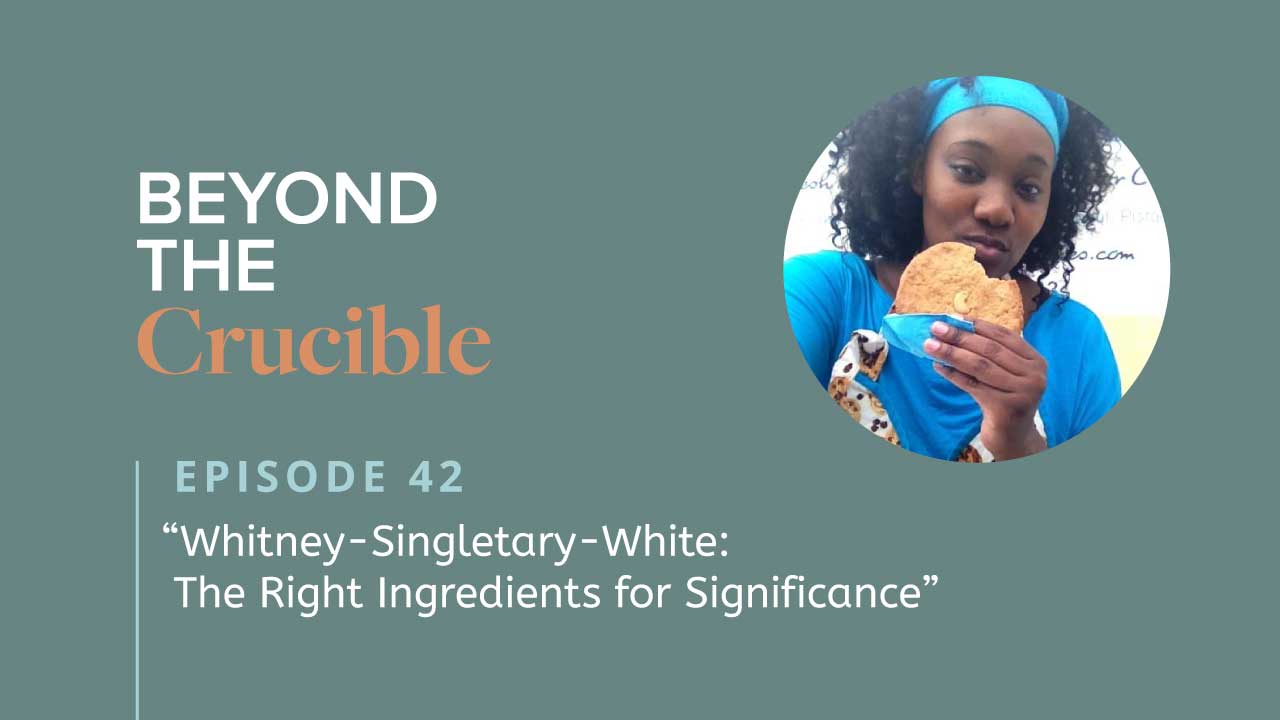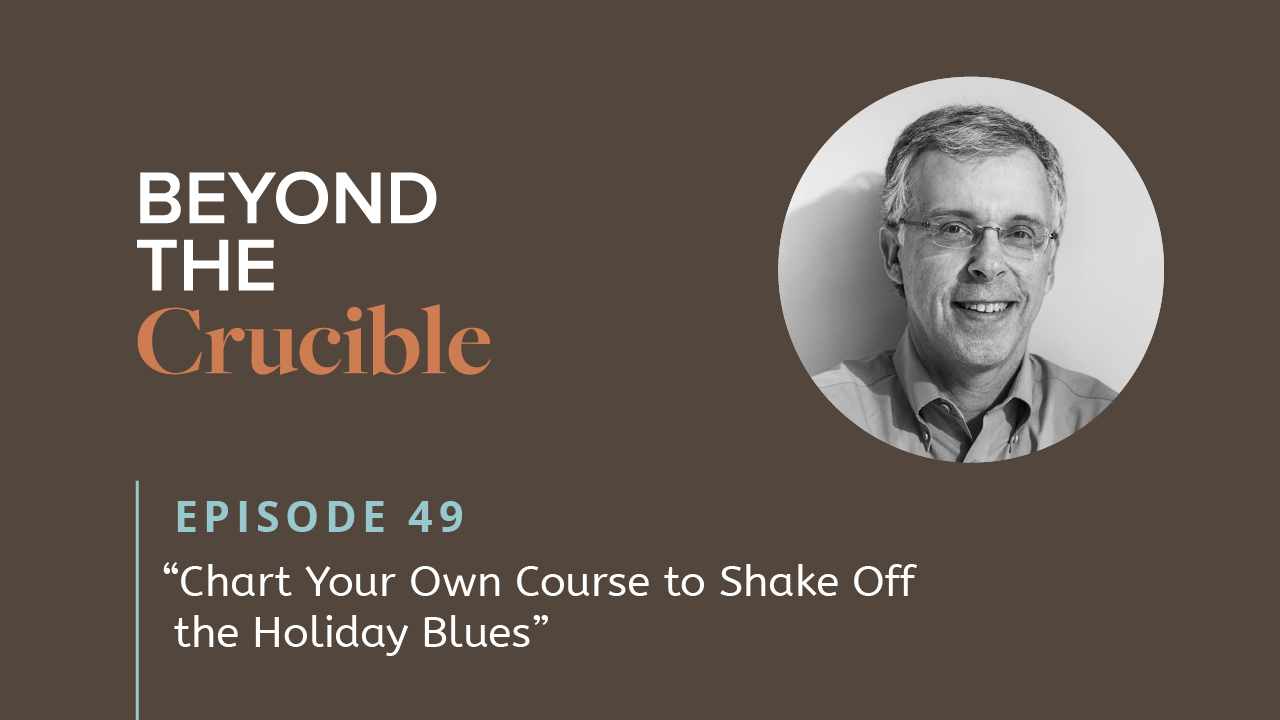
It’s the most wonderful time of the year, right? Except it doesn’t always feel that way. The holidays can bring on some serious emotional crucibles — from tensions among family members, sadness over those who are no longer with us, even struggling to overcome our disappointment in decisions made by loved ones.


